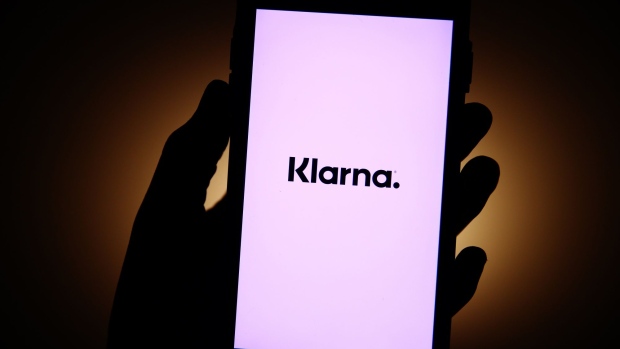Aug 16, 2022
Klarna Founder Turned ESG Purist Calls Out Obsession With Growth
, Bloomberg News

(Bloomberg) -- Niklas Adalberth, one of the founders of buy-now-pay-later firm Klarna Bank AB, has criticized the venture capital industry for what he says is a narrow focus on growth that doesn’t take into account the wider costs to society.
“When I was building Klarna there was no consideration whatsoever if they were net positive to people and the planet,” Adalberth, 40, said in an interview. “It was just growth, growth, growth. And this is how we have valued startups for decades now.”
He says that model needs to change to increase the share of venture capital financing allocated to fledgling companies that are measured against the United Nation’s Sustainable Development Goals.
“Unfortunately only one to two percent of all assets go into impact,” he said. “We need 16 times the capital just to solve the SDGs.”
Adalberth made his name as a tech entrepreneur in Sweden after he, alongside friends Sebastian Siemiatkowski and Victor Jacobsson, founded Klarna in 2005. By 2021, it had grown into one of the world’s most successful startups valued at $45.6 billion. As of last month, however, Klarna’s valuation had plunged to just $6.7 billion.
Like many tech companies, it suffered from the fallout of decades-high inflation and rising borrowing costs. But a business model that fed consumer indebtedness also proved a turn-off for investors increasingly alert to environmental, social and governance risks.
Despite severe macro-economic challenges Klarna received strong backing from its existing investors in the last funding round, and several entities known for their long-term commitments made their first investments in the company, a spokesperson for Klarna said in emailed comments.
Startups can have an outcome that is “totally devastating to people and the planet,” Adalberth said. “That can be addictive computer games, giving credit to people who cannot afford to buy the product, or creating polarization via social media.”
After becoming rich on his Klarna stake, Adalberth said he needed “to do something that feels much more meaningful.” He eventually sold down more than 90% of his Klarna holding and in 2016 started the Norrsken Foundation, a nonprofit that includes an impact venture capital arm.
Adalberth says one of the aims of the nonprofit is to ensure money goes to startups that take the environment and social justice into account. Norrsken has partnered with others including the Obama Foundation and Softbank Investment Advisers to create a top-100 list of the world’s most promising impact startups.
Klarna earlier this year added an option for consumers in nine countries to pay immediately at checkout following the launch of “pay now” in the US and UK in 2021. The company also lowered payment fees and removed revolving credit facilities without an end date for customers in Sweden, Norway and Finland.
(Adds comment from Klarna)
©2022 Bloomberg L.P.





